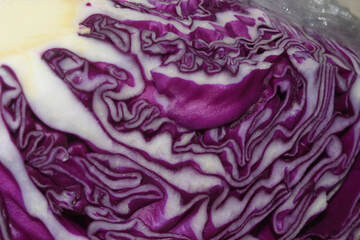|
8/29/2023 0 Comments Becoming a Mindful Eater Eating, in spite of its ‘ordinariness’, can become a transformative activity. Food and eating have many connotations associated with them. Some people process their emotions in relation to food. They may starve themselves through bulimia or anexoria nervosa, or hoard and gorge themselves to feel secure and seen. Influencer types are compelled to eat in fancy fad restaurants so they can create a sensation. Millions around the world face daily food insecurity. Equal and fair access to healthy food is a pressing social justice issue. So food has far-reaching tentacles of complexity. On a personal level we can approach food, our meal preparation, and eating with a sense of respect, responsibility, and mindful presence. In this way an everyday activity can become an affirming and uplifting experience. Most of us rarely eat when we are hungry. Our habit is to snack, graze, or eat when we see food ads on television or when people in the movies are eating. I’m often struck at the powerful urge that arises in me to drink when I see people drinking wine on television. In societies where access to food is easy, we tend to overeat, to waste, and to overbuy, and are blasé about the consequences of our actions. Disclaimer: my point is not to make anyone feel guilty for their choices, but rather to guide us to become more conscious of our shared connection to other beings and the food we enjoy. The act of eating is also fractured. While eating we are distracted watching television, reading, and so on. Rarely do we taste the food in our mouths beyond the first moment of contact. In contrast, meditative eating is the conscious decision to prioritize the act of eating. There isn’t a more important task to get to, so we focus on enjoying our meal. The intention is to notice and enjoy every bite. To truly savor each bite requires that you chew the food a number of times. Slow chewing releases flavor, aids digestion, and signals the brain when the satiation point is being reached. The benefits of mindful eating are that you will eat less because you are aware when you are full; we usually miss this signal because of being distracted. You will enjoy your food more, notice sooner whether a particular food is agreeing with you or not, become clearer about your beliefs, ideas, and childhood conditioning about food and our anxieties concerning access to it. As food is a loaded issue for many people, when you do this practise give yourself permission to simply notice and not judge yourself or others. So try not to criticize yourself for discoveries you make. The point is to make clear your relationship and connection with food and eating. To eat meditatively:
Be gentle with yourself. As this habit deepens, you’ll grow awareness of all the forces – earth, sun, bees, farmer, grocer, your job, the cook – that went into making your meal possible. This expanded sense of connection will increase your ability to appreciate life’s interconnected nature. Being present and enjoying your food is an expression of gratitude for your good fortune to have food, this moment, and life. May you be healthy and happy.
0 Comments
Leave a Reply. |
AuthorHi. Archives
May 2024
Categories |
Search by typing & pressing enter

 RSS Feed
RSS Feed